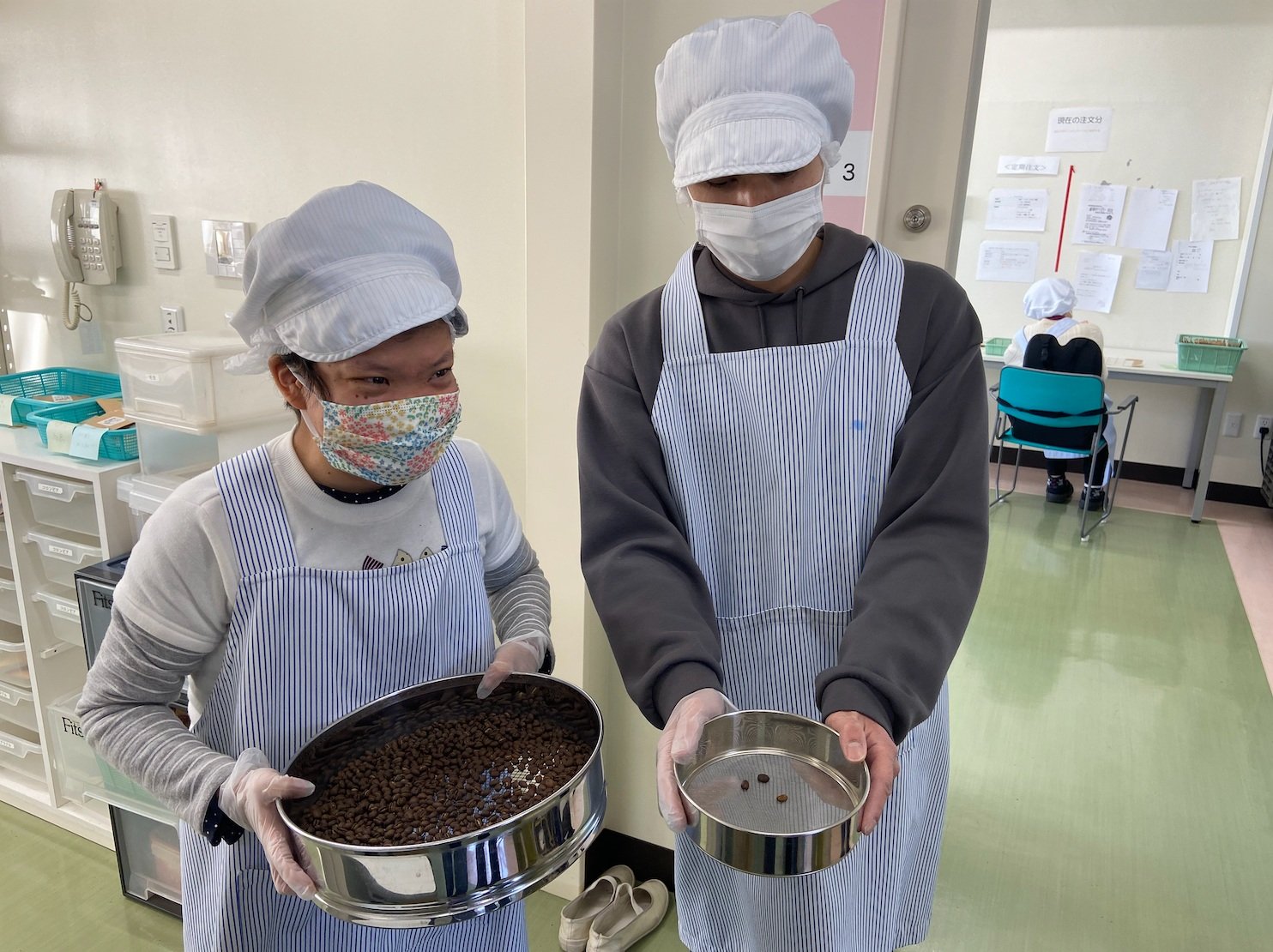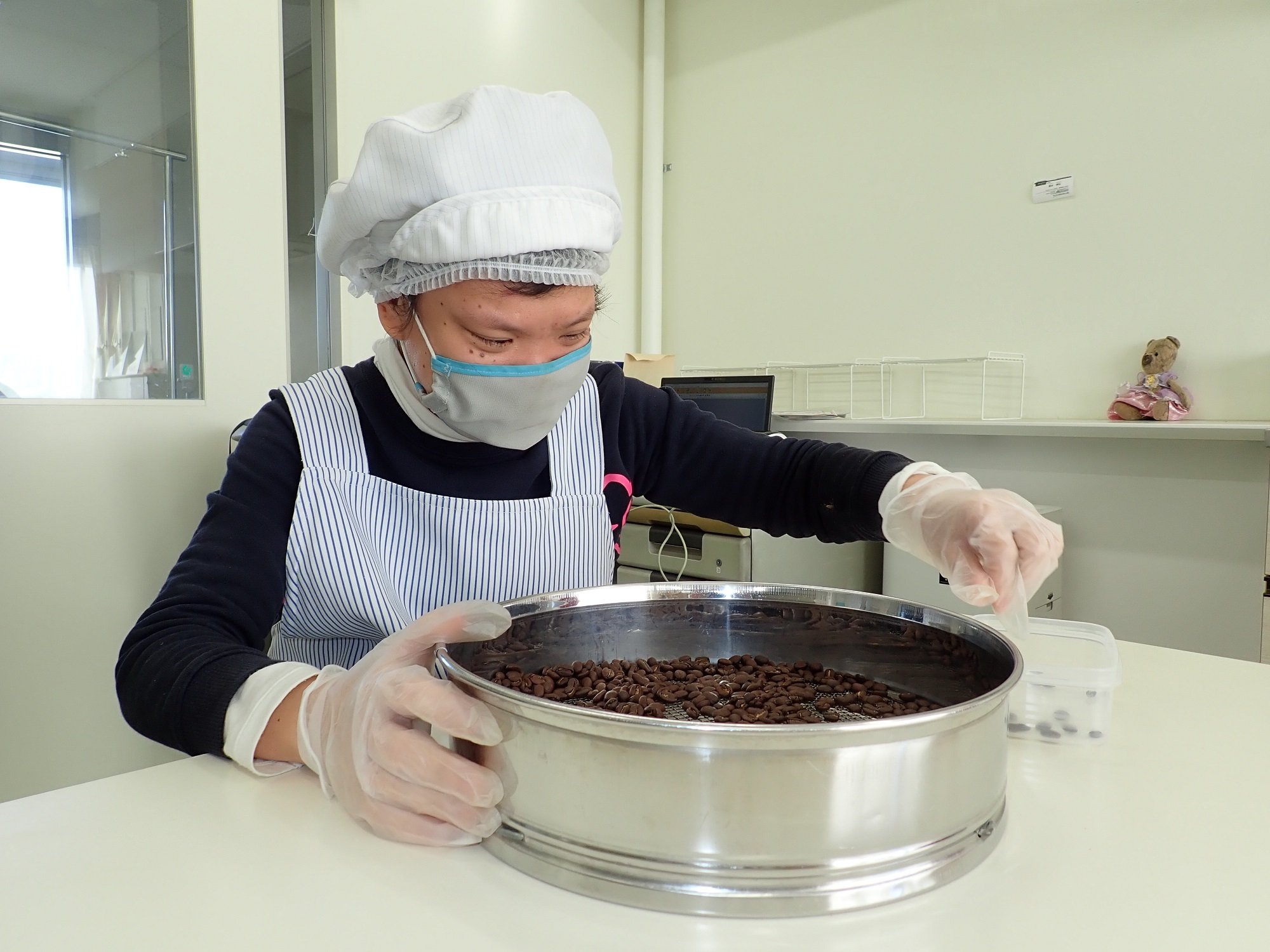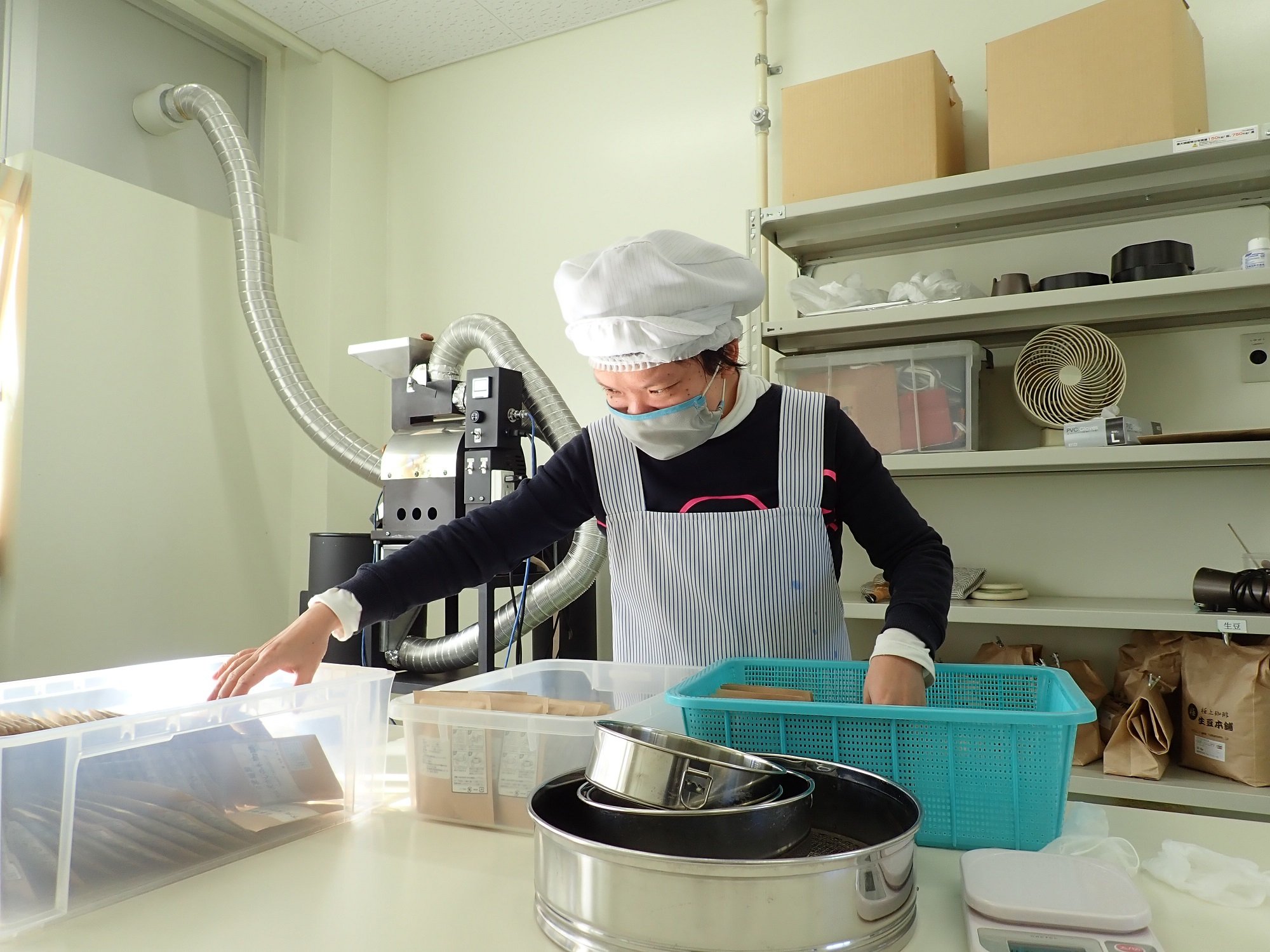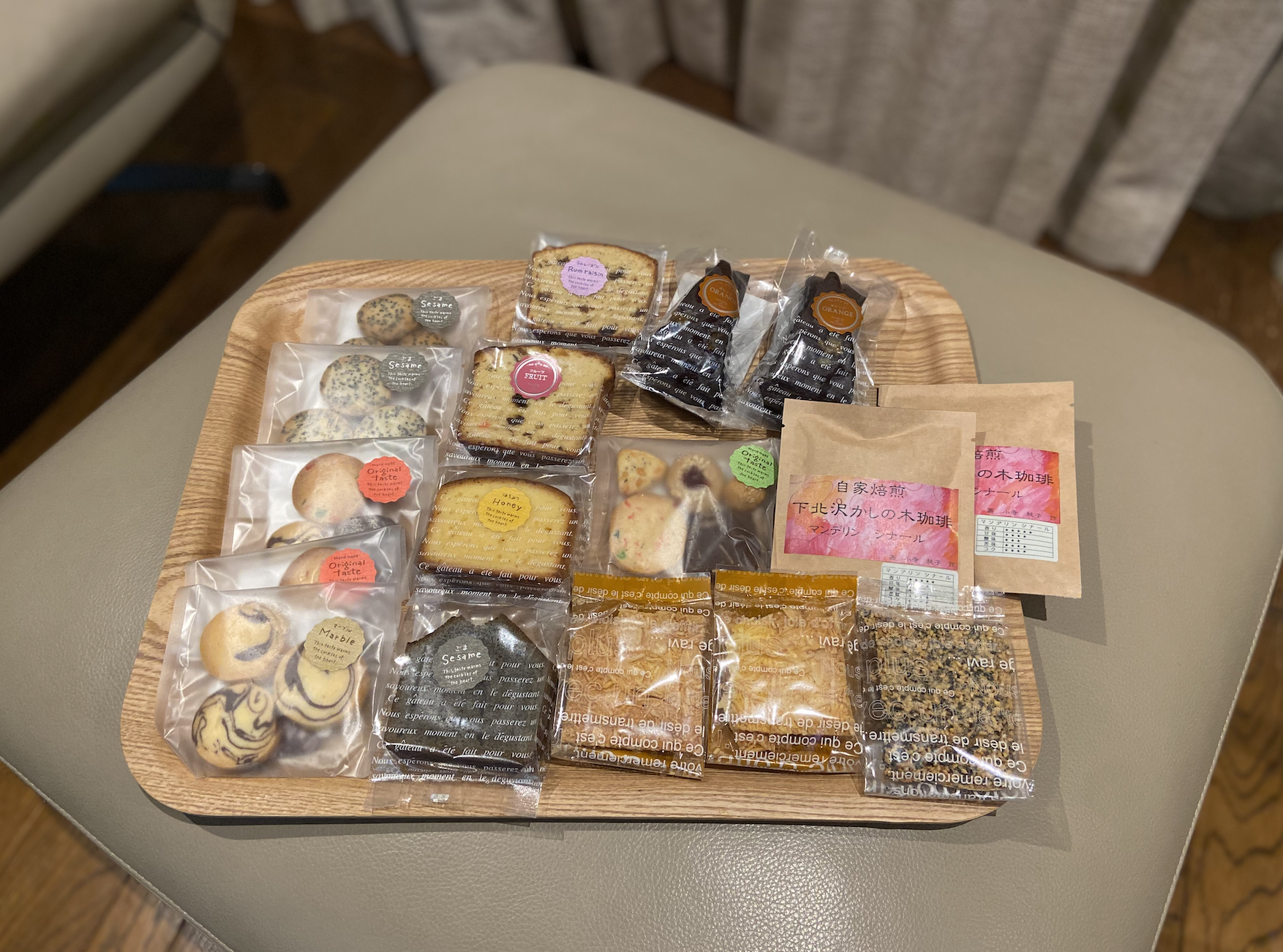The Reality of Sagyojo (作業所)
Thank you to Hiroko-san (on the left), an amazing translator who I met through LIVES, for introducing the world of Sagyojo to me!
On Christmas eve this year, I had the opportunity to visit a 作業所 (Sagyojo) in Shindaita, Tokyo, Japan. Sagyojo is a Type B facility where people with disabilities can work, gather with friends, and broaden their experience as a place to find their "goals" and "purpose” in life. In principle people who work at Type B facilities usually have mild intellectual disabilities and are able to commute by themselves (family members may accompany them).
The activities at the workshop include subcontracting work for companies, selling original voluntary products, and mobile sales of voluntary products, according to the wishes of the people who come to the workshop. This is one of the welfare services in Japan based on the Act on Comprehensive Support for Persons with Disabilities, and it is possible to do relatively simple work for a short period of time.
The Sagyoko I visited is called 「守りやま工房」and people from age 18 to 81 work there. Individuals who work there are called users.
Mission: We will promote the creation of a community where everyone can live their own lives by supporting each other as human beings and by being close to each person's thoughts and feelings.
Corporate Philosophy/Principle:
We will respect the human rights of users and build trusting relationships with them.
While respecting the independence of the user, we will support their independent living and social participation.
Recognizing that users are members of the local community, we will contribute to the promotion of local welfare through the support of users.
The work is split into three categories:
1) Production Activities
Attention-required work:
Tying string knots
Folding boxes
Closing envelopes
Sticking stickers
Officials-required work:
Cleaning the park
Cleaning the facility
Independent work:
Making original roasted coffee beans
Making handmade postcards
Making rice flour
Baking cookies
Making bracelets and crafts
2) Livelihood Support
Support for the establishment of basic lifestyle habits
Support for the improvement of social skills
Provision of outings, accommodation, sports, recreation, etc.
3) Community Exchange
Sales at the exchange space in the district hall
Coffee service
Co-hosting of the Moriyama Festival
Participation in community events
Volunteer and joint work using farmland



What are some problems that Sagyoko is facing?
The overall monthly average wage is 15,033 yen and the hourly rate is 193 yen. (Tokyo's minimum wage is 1,041 yen)
Lack of connections with outside organizations to support this welfare (Ex: need a creative designer who can teach the users how to create a bracelet with cute patterns/designs)
Lack of community outreach
Finding ways to increase the sale of baked goods and crafts
How can we take action?
Visit the Sagyojo in person to learn about the facility and what kind of support they need
Find outside connections that could improve the activities at Sagyojo
A tray of baked goods and coffee sold by the users of Sagyojo. Baked goods include pound cake, assortment of cookies, and brownies.
日本語 ver.
今年のクリスマスイブに、東京・新代田にある作業所(サギョウジョ)を訪問する機会があった。サギョウジョは、障がいのある人が働き、仲間が集い、「目標」や「生きがい」を見つける場として経験を広げる「就労継続支援B型事業所」と呼ばれる場所である。(略)B型事業所で働く人は、原則として軽度の知的障がいを持つ人が多く、自分で通勤することが条件となる。(送迎サービスは無いが家族が付き添うことは可能)。
作業所での活動は、企業の下請け作業、オリジナル自主製品の販売、自主製品の移動販売など、来所された方の希望に沿った形で行われる。障害者総合支援法に基づく日本の福祉サービスの一つで、比較的簡単な作業を短時間で行うことが可能。
ミッション:一人ひとりの思いに寄り添い共に人として支え合い誰もが自分らしく生きられる地域づぐりを進めます進める。
作業所で抱えている問題点は何ですか?
全体の月平均賃金は15,033円、時給は193円です。(日本の最低賃金は930円です。)
この福祉を支援する外部機関とのつながりが無い(例:かわいい柄・デザインのブレスレットの作り方を利用者に教えることができるクリエイティブデザイナーが必要)
地域社会への働きかけの不足
焼き菓子や工芸品の販売路線の拡大方法
どのようにアクションを起こせばいいのか?
実際に事業所を訪問し、施設の様子やどのような支援が必要なのかを知る。
作業所の活動をより良くするための外部とのコネクションを探す
近くの大学と提携し、ゼミの研究として双方に取って良い活動を行う
物づくりのクリエーターが参加できるようにする
もっと詳しく知りたい方は、このウェブサイトをご覧ください:まもりやま工房





